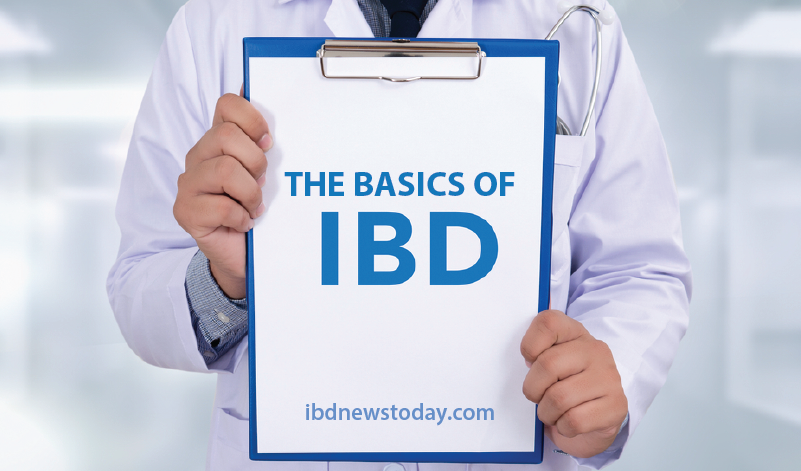
Inflammatory bowel disease (IBD) is an idiopathic, dysregulated, relapsing, and debilitating immune reaction to the host’s intestinal microflora, triggered by a host of factors, including genetics, and environmental and physiologic factors. Previously thought to be triggered by adaptive immune responses, recent research has shed considerable light on the role of the innate immune system in causing an imbalance between the beneficial and commensal microflora residing in the human gut, leading to an aggravated inflammatory response, causing IBD. In other words, the immune system is supposed to protect the host from foreign bodies, pathogens, and consequent infections, but in IBD, the host’s immune system mistakes the body’s own microbes, food and other materials for foreign bodies and attacks the intestine. This leads to a release of white blood cells at these sites, which causes inflammation.
The two most common forms of IBD are Ulcerative Colitis (UC) and Crohn’s Disease (CD). Though both conditions have similarities in terms of manifestations and symptoms, the basic difference between them lies in the location and nature of inflammation caused.
